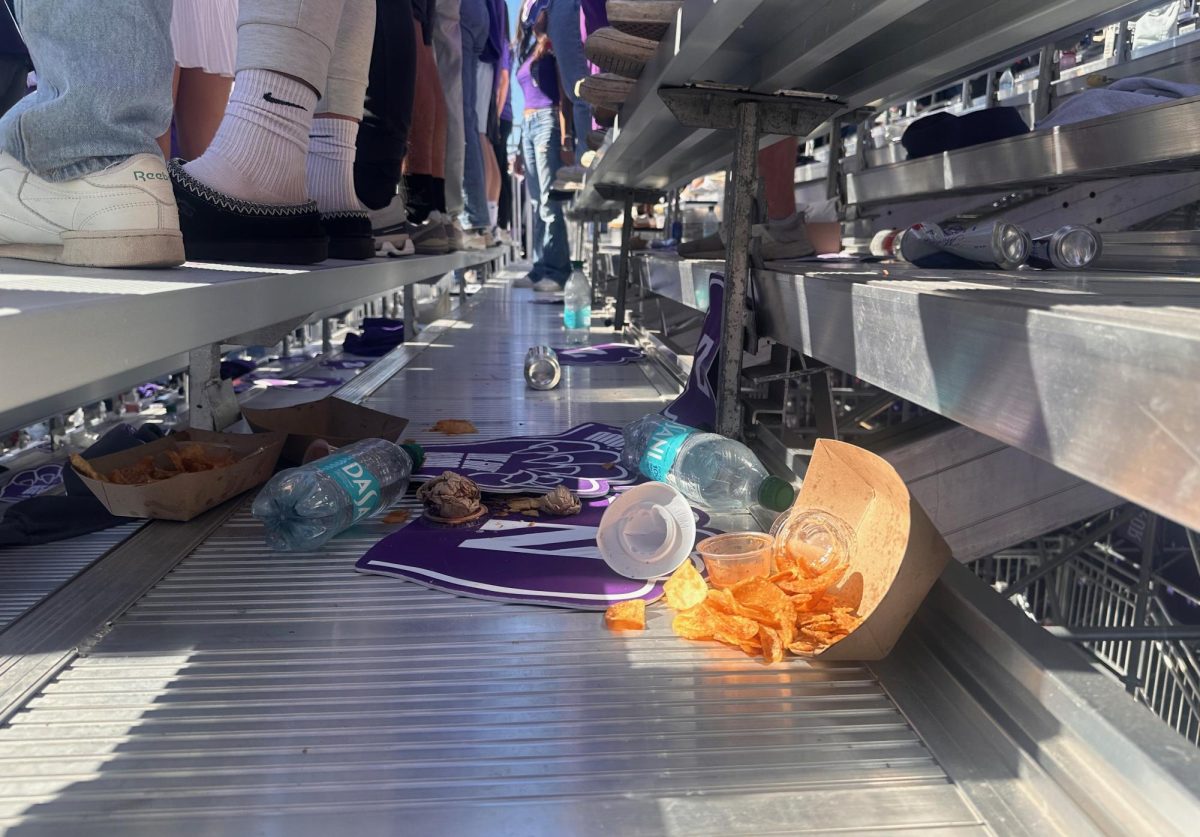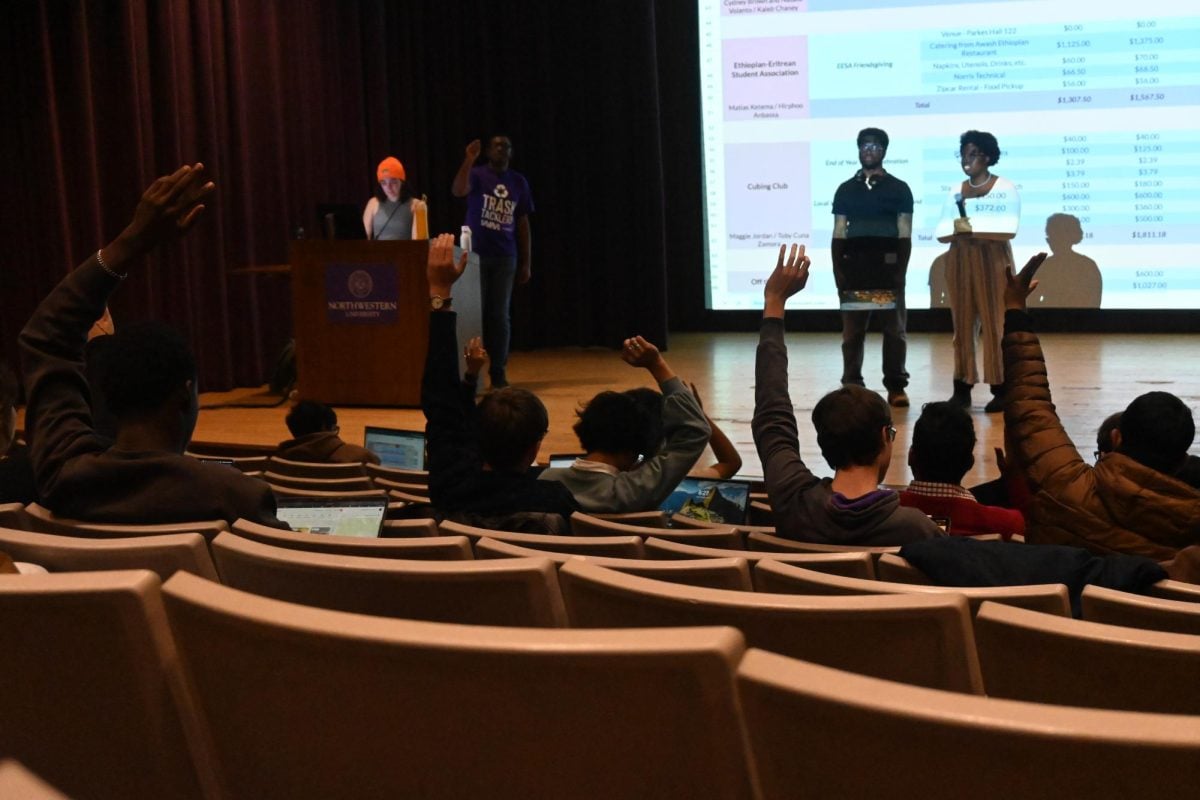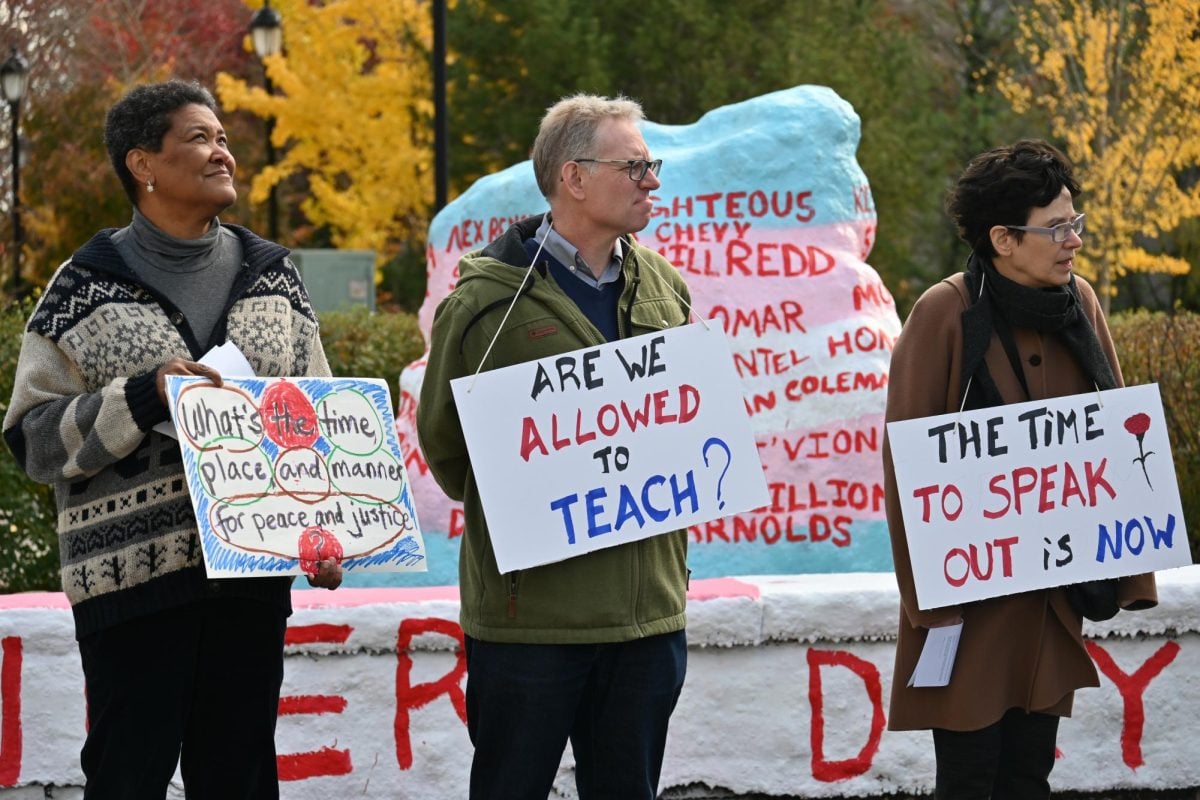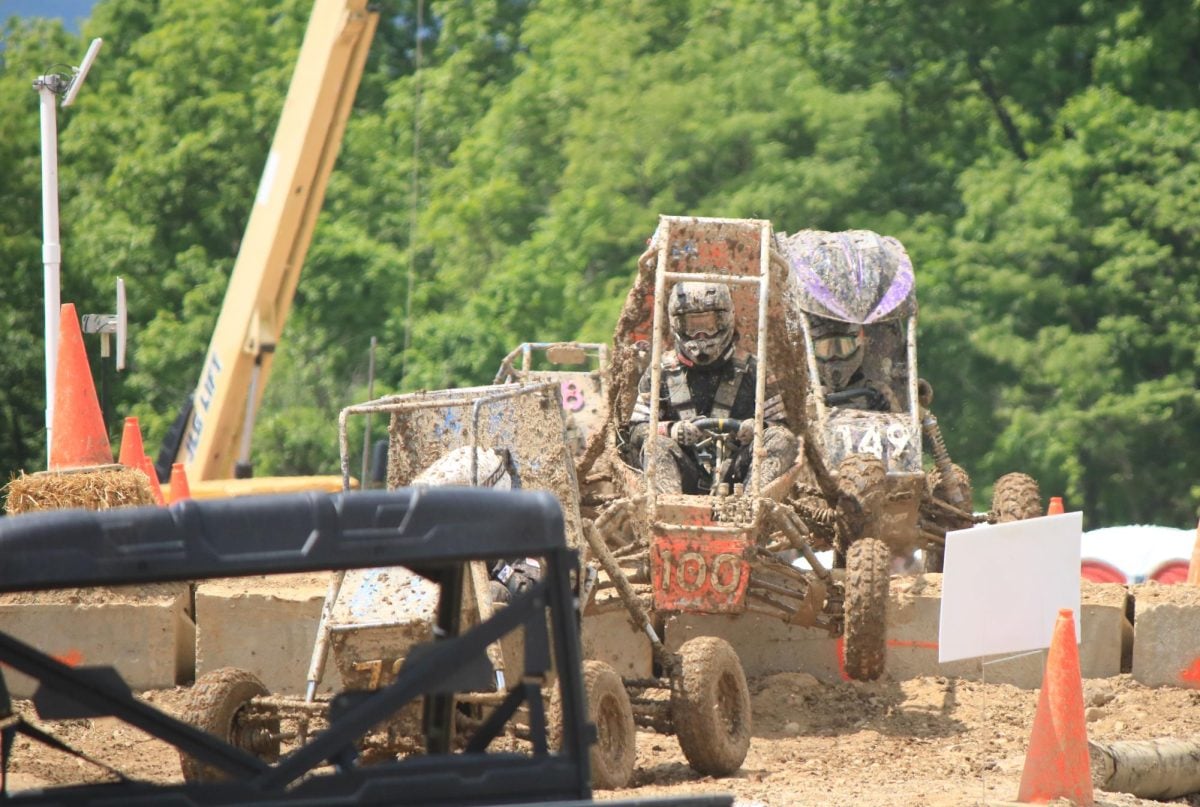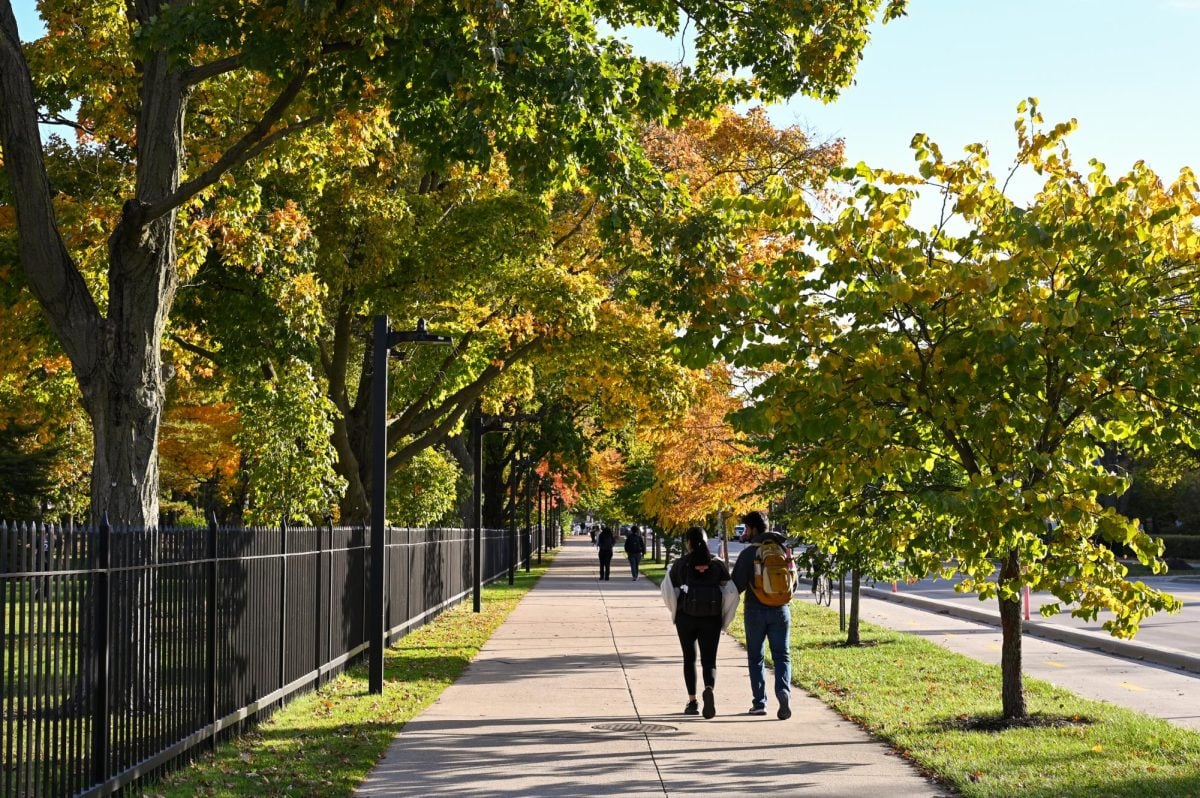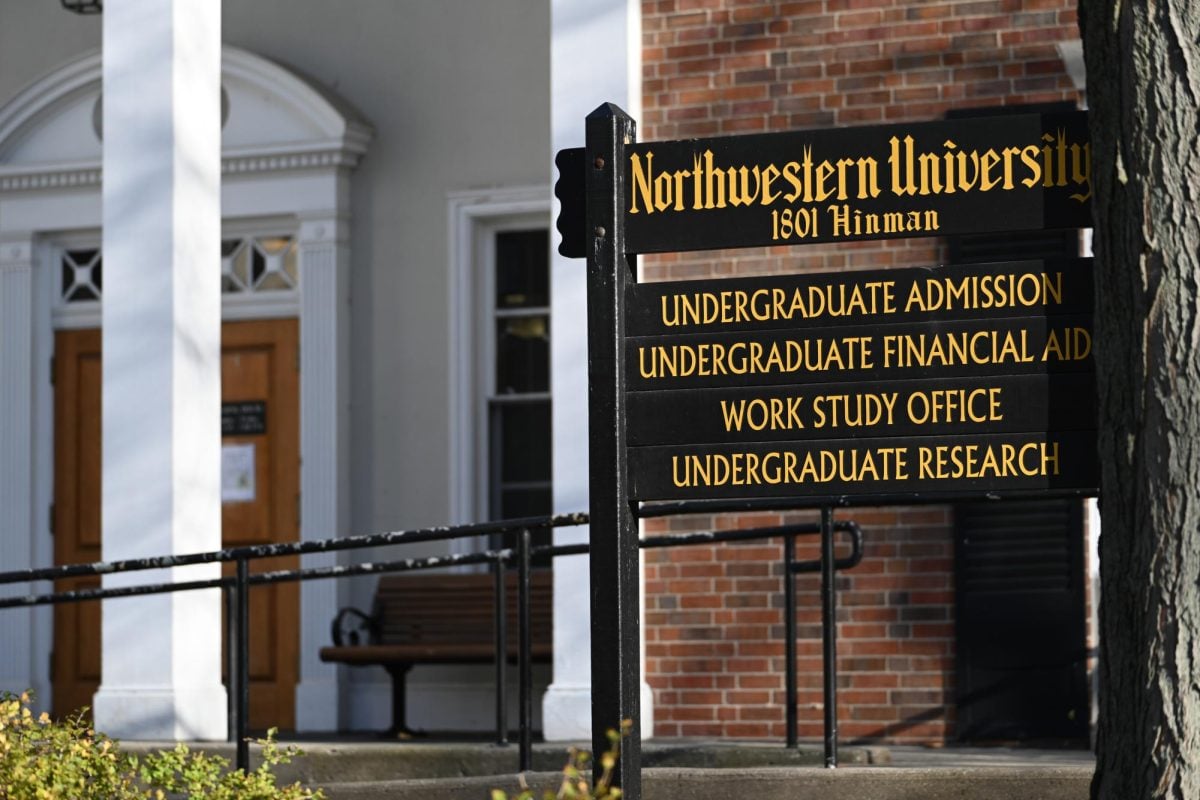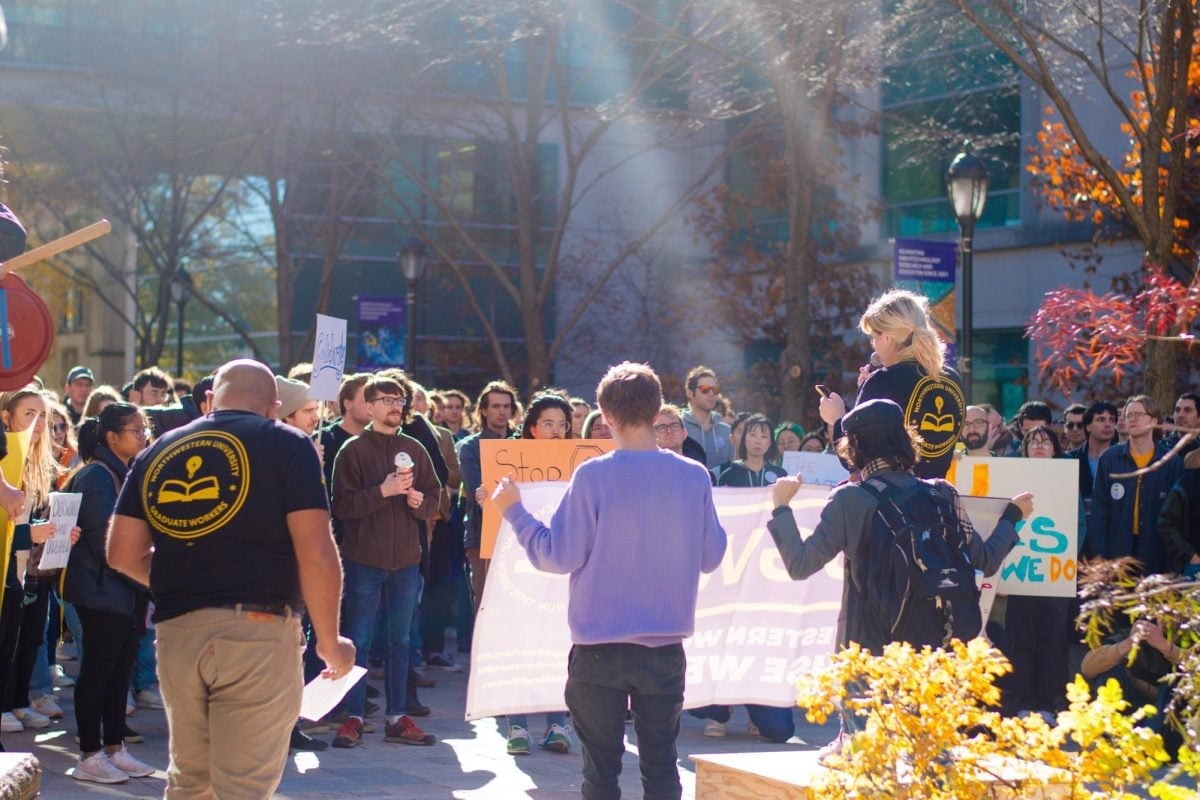When the Northwestern football team moved to Martin Stadium for the 2024 and 2025 seasons, not all of the University’s existing sustainability programs appeared to join them from Ryan Field.
NU announced the change of venue in April amid ongoing construction of Ryan Field.
The Associated Student Government’s Resource Management Committee has been active in reducing waste on campus, specifically at athletics events. But its previous Ryan Field initiative hasn’t carried over to Martin Stadium.
In 2022, the committee partnered with sustainNU, a University-wide sustainability program, to pilot a zero waste football game implementing compost collection bins in Ryan Field. The event’s aim was to divert at least 90% of waste away from landfills through recycling and composting.
As part of the collaboration, a separate group of volunteers known as “Trash Tacklers” was recruited to also sort waste in the stadium during games.
The change in stadiums came as a surprise to Weinberg senior Alexis Schwartz, the co-chair of the ASG Resource Management Committee.
Going into 2024, Schwartz said the committee expected those sustainability initiatives to be put on hold because games would be played in a separate stadium, where food and waste would be handled by independent staff or vendors.
“It was the wide belief on campus that no football would be happening that (the Resource Management Committee) could help with,” Schwartz said. “We did not find out until the general student body found out that there would be a lakeside stadium.”
By the time the committee found out about the lakeside stadium, Schwartz said NU had secured vendor contracts for the season without input from the committee.
University spokesperson Eliza Larson told The Daily that students were “not in session during most of the planning phase for the temporary stadium project,” but the University intends to “engage them ahead of the 2025 season.”
The lack of communication between University administration and the committee regressed sustainability progress, according to Schwartz.
University administrators offered the committee the opportunity to run an educational recycling program at the stadium, but Schwartz said the committee declined the offer because of its logistic complexity.
“It was going to be a lot of student effort for that much of an increase in waste diversion,” Schwartz said. “Most people already know how to recycle.”
Larson said that rather than using soda fountains and disposable cups, the University has distributed beverages in bottles and cans and installed drinking fountains by the stadium. She added that recycling bins were added, and some of the plasticware and food containers were compostable.
Weinberg freshman Arthav Naidu attended NU’s football games against Indiana University Bloomington and the University of Wisconsin–Madison at Martin Stadium.
He said litter in the stands made the fan experience less enjoyable.
“A lot of people left their empty food containers on the ground,” Naidu said. “Because it’s a makeshift stadium, I’m assuming they didn’t have the time to implement programs like composting.”
Naidu said he wished the University increased the number of trash cans to improve the fan environment.
Samuel Bayer, a University of Michigan student who visited NU for the Wisconsin game, said he was stunned by the beauty of the lakeside venue.
But Bayer said he also saw people putting empty food vessels underneath their seats.
Still, the trash situation at NU was better controlled than at Michigan’s stadium, Bayer said.
“I feel like a lot more people appreciate the beauty of the world at this stadium,” Bayer said. “I think just seeing the environment really helps.”
The Resource Management Committee is focusing on improving sustainability practices at the new Ryan Field stadium, Schwartz said. She added the committee is making efforts to ensure everything in the stadium is compostable.
By getting involved in negotiations early in the construction process, the committee hopes to have a positive impact on the future stadium’s environmental footprint.
“Keeping an eye on the longer term and having more influence at the beginning of the construction process while plans are still in play is where we hope to really impact the potential of (the new Ryan Field) being a zero-waste field,” Schwartz said.
Email: [email protected]
Related Stories:
— Students advocate for increased compost bin presence on campus
— Norris composting initiatives make dining greener
— Construction project aims to protect South Campus shoreline from erosion
